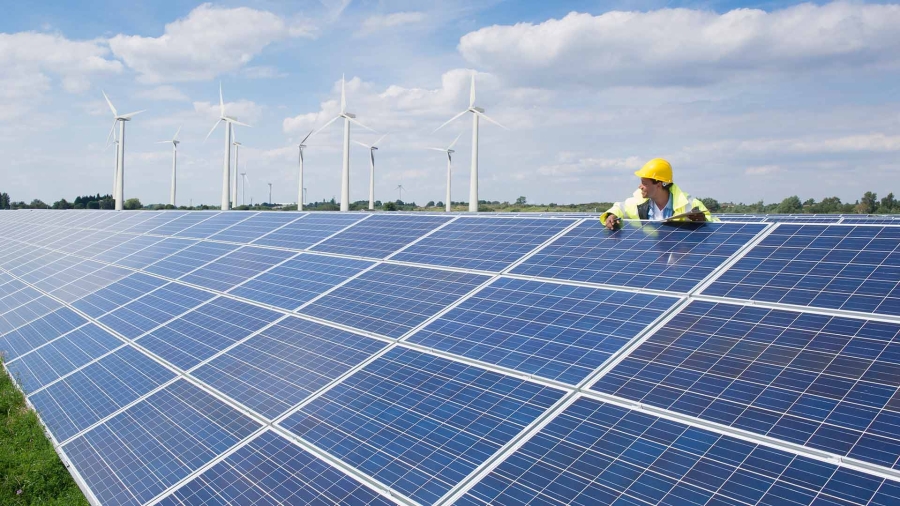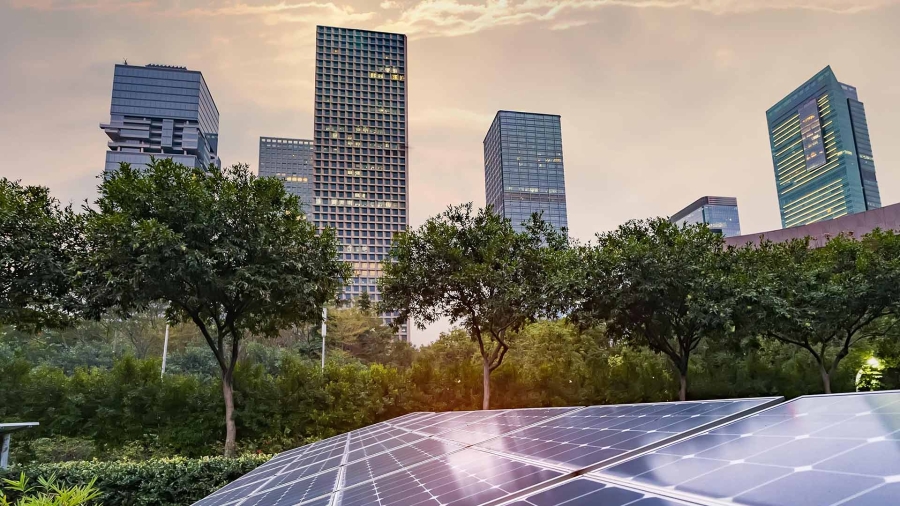Transitioning to clean electricity as the main source of final energy represents the cheapest and most efficient way to decarbonize the economy. The rapidly falling costs of renewables and storage solutions make it possible to achieve the required massive expansion of clean power systems at low cost, according to the report.
In this report, we explore how massive clean electrification will be the primary route to decarbonization, complemented by hydrogen in the harder-to-abate sectors. The report sets out why it is essential but also feasible and affordable to multiply the size of the global power system by 5, while shifting to renewable-based electricity provision.














